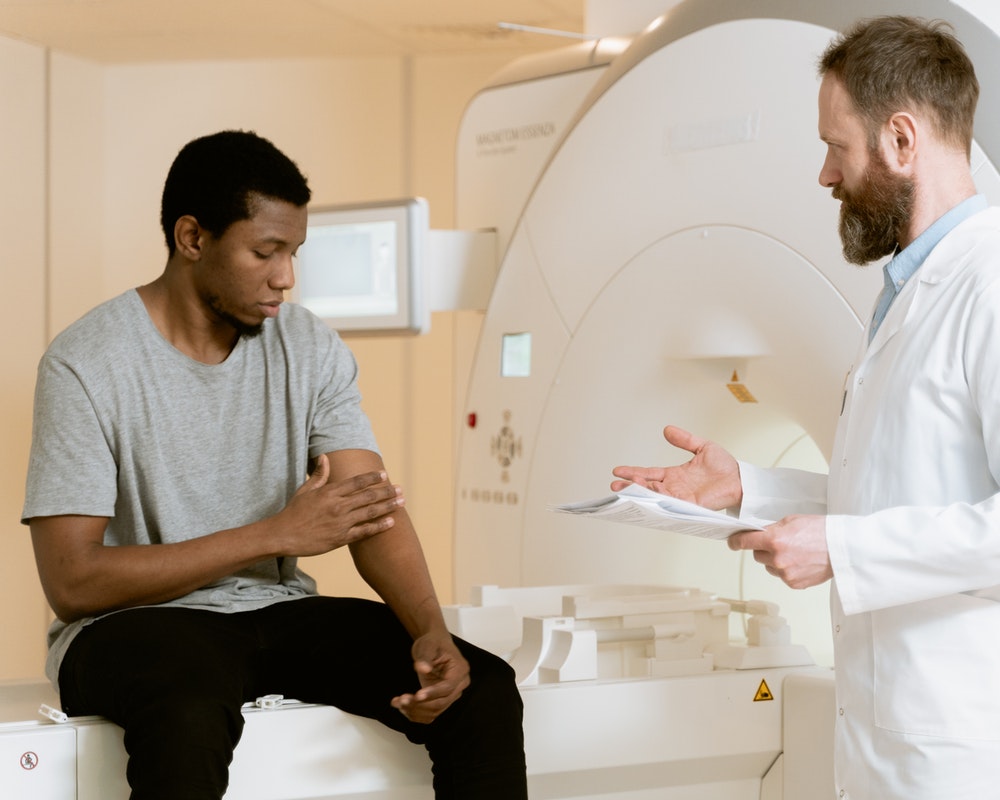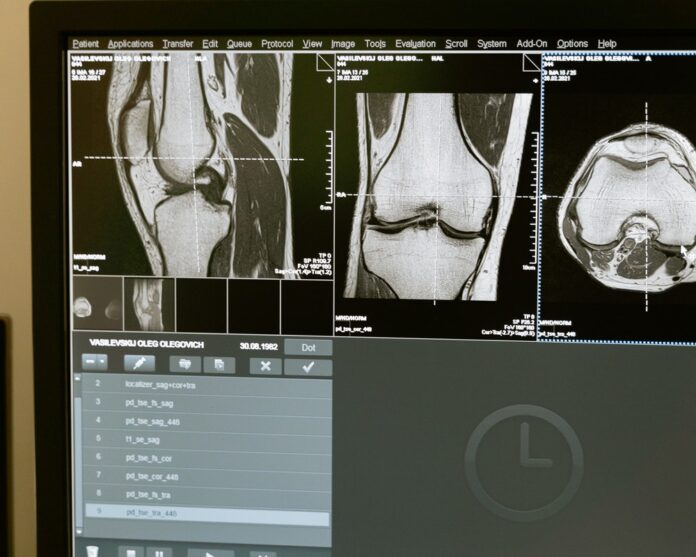Pages of Contents
This Is What Happens To Your Body Because Of Radiation
Radiation is a form of energy that finds its use in many industries. It can be helpful in the medical field to diagnose and treat some diseases.
You can also find it in the industrial field as a form of energy, for instance, to create electricity. It is vital that people are aware of the health effects that radiation exposure has on the body so that they can take appropriate radiation protection measures.
There are different types of radiation, and they each have different levels of risk associated with them.
What Are the Different Types of Radiation You Might Encounter?
Radiation is a huge part of our world, and you can find it almost everywhere, but there are different types of radiation that you might encounter.
● Alpha: These are the most common type of radiation, and they are present in radioactive substances. They are also the least dangerous type of radiation because they cannot penetrate through skin or paper.
● Beta: You will find this type of radiation in radioactive waste, and it can penetrate through skin and paper. They do not have much energy, so they cannot go very far into the body, but if someone gets a large dose, then it could lead to damage to their cells or even death.
● Gamma: These types of radiation have a lot more energy than alpha or beta rays, so they can go deeper into the body, which is why these types of rays can be more dangerous.

How Does Radiation Affect Your Health?
Some of the health effects caused by radiation are cancer, genetic mutations, and birth defects.
The amount of radiation you get exposed to depends on how close you are to the source and how long you are exposed to it.
That said, here is a breakdown of how your different parts of the body will be affected when exposed to certain levels of radiation.
a). Hair
The loss of hair in a very short period of time is typically evident with the amount of radiation exposure at 200 rems or higher.
b). Brain
Because of the lack of reproduction, there’s no direct damage to the brain cells unless the exposure reaches more than 5,000 rems. Similar to other parts of the body, radiation kills neurons and small blood vessels and has a chance to cause seizures and death.
c). Thyroid
Different body parts are more susceptible to the effects of exposure from other types of radiation sources. The thyroid gland is one of the most sensitive and specific organs in the human body and is easily destroyed by radioactive iodine, which can be mitigated by taking potassium iodide.
d). Blood System
Upon exposure to over 100 rems of radiation, your lymphocyte levels in the blood will be reduced. This leads to mild radiation sickness, which often includes symptoms such as weakness, vomiting, or loss of appetite.
Early symptoms of radiation sickness can be similar to those of the flu, and you can overlook them unless you take a blood count.
e). Heart
Exposure to radioactive material at 1,000 to 5,000 rems would do immediate damage to small blood vessels and cause heart failure and death directly.



